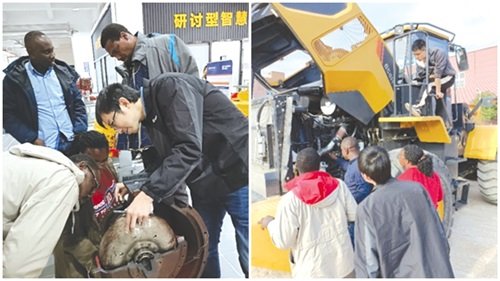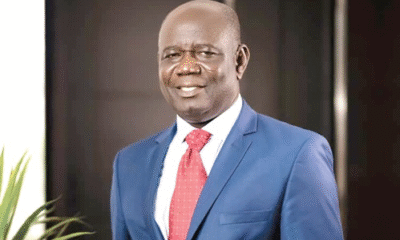Technical and Vocational Education and Training (TVET) equips students with practical skills that industries need. Around the world, TVET is driving industrial growth by creating a workforce ready to work from day one.
Why Change Is Needed
- Global Job Shifts: The World Economic Forum predicts that by 2027, 69 million new jobs will appear, 83 million existing jobs will disappear, and there will be a net loss of 14 million jobs. This means workers must learn new, hands-on skills to stay employable.
- Ghana’s Graduate Unemployment: Between early 2022 and late 2023, about 22 percent of unemployed Ghanaians held university degrees. Employers report that many graduates lack the technical skills they need on the job.
These facts show that Ghana’s higher-education system—focused mostly on theory—needs a shift toward practical, skills-based training. When students learn by doing, they’re better prepared for entrepreneurship, innovation, and real-world problem solving.
UMaT’s Hands-On TVET Projects
The University of Mines and Technology (UMaT) in Tarkwa is leading this shift. Their goal is to become the “MIT of Africa,” supporting United Nations Sustainable Development Goals 8 and 9 (decent work, industry, and innovation). Here are three flagship projects:
- UMaT Electric Vehicle (“UMaT EV”)
- What It Is: A six-seat multipurpose electric vehicle with a top speed of 120 km/h and 11 hours of battery life.
- How It Helps: It can monitor mining operations, transport people with mobility challenges, serve airport needs, or act as a golf cart.
- Innovation & Sustainability: Built from a reused tricycle chassis and scrap-yard components, showcasing recycling and cost-efficiency.
- Next Steps: Students will convert regular cars and local tricycles (“Pragya”) into electric vehicles.
- Smart Wheelchair
- Key Features:
- Four control options: joystick, remote, smartphone app, and voice commands.
- Obstacle-detection sensors that automatically slow or steer away from hazards.
- Autonomous navigation for following set routes or going to a location when told by voice or app.
- Impact: Offers users choice and independence, while letting caregivers help remotely.
- Heavy-Duty Equipment Training
- Partnership: Collaboration with Guangxi Liugong Machinery Ltd. (China).
- What Students Learn: Hands-on maintenance of excavators, wheel loaders, and other large machines.
- Why It Matters: Builds local expertise and reduces the need for foreign engineers to service Ghana’s construction and mining equipment.
The Bigger Picture
By focusing on real-world projects, UMaT is giving students the skills employers want and driving local innovation. When more universities follow this model, Ghana will strengthen its workforce, boost industry, and support sustainable economic growth.
In short, practical training at the tertiary level is not just an educational improvement—it is a key ingredient in national development.



















